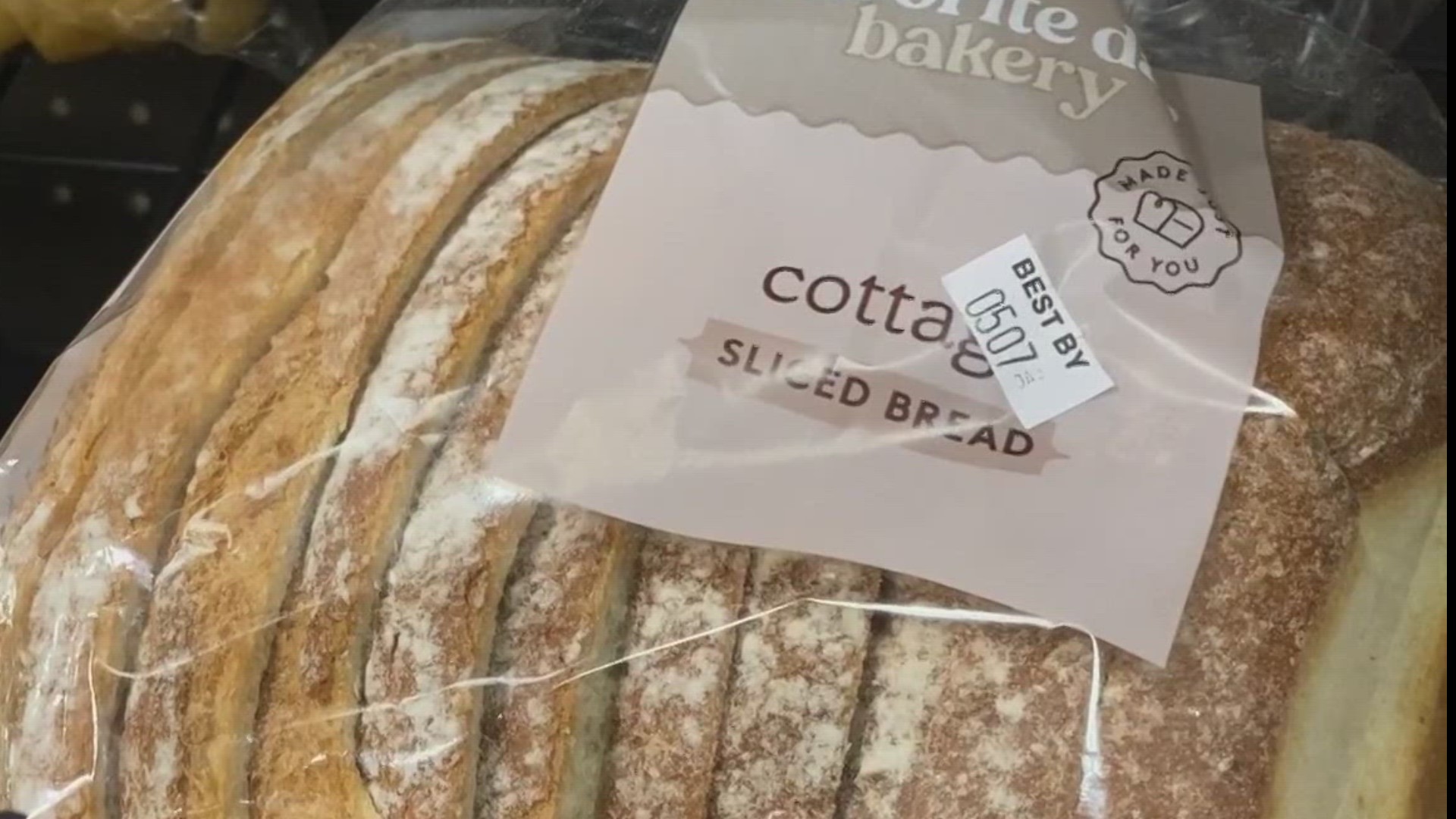SACRAMENTO, Calif. — Are you ever confused by the labels on your food and question whether it is safe to eat?
A California bill would ban the use of “sell by” labels and create more consistency on packaging.
Amy Medich has been where many of us have.
“The other day I brought meat home from the grocery store, and when I cut open the package, it smelled kind of rotten," Medich said, "and I was like what? And so it said 'sell by date' on it not a 'best use by date', and I was like googling, what does that mean?"
One walk through the grocery store is all it takes to see a handful of different labels: Best before, sell by, use or freeze by, or just dates.
“I would say more specification," Medich said. "If there's going to be a sell by date, I think there needs to be a use by date, because most consumers are looking for the use by date.”
Assemblymember Jacqui Irwin (D- Thousand Oaks) agrees. She wants to get rid of the 'sell by date' entirely.
“If you look at certain consumers, for instance, my son, when he sees a 'sell by date' he immediately tosses that item in the trash," Irwin said, "and the food is fresh for about potentially five to 14 days after the sell by date.”
The Food and Drug Administration estimates that there’s so much confusion over how food is labeled that it's the reason behind 20% of food being wasted in the country.
“What AB660 does is it makes very consistent food labels," Irwin said. "The two labels would be “best if used by," or "best if used by or frozen by” to indicate peak freshness, and then “use by" or "use by or freeze by” to indicate the safety of the food.”
The bill easily made it through its first two committees with bipartisan support, but there is some opposition. More specifically from the Consumer Brands Association that spoke in opposition at the last committee hearing.
“Single-state legislation is very challenging," Dennis Albiani said. He warned lawmakers this bill could make inter-state commerce more difficult.
They are supporting a federal bill so that there is more consistency across state lines.
In 2017 there was a bill passed, with the support of the Consumer Brands Association that created a voluntary standard for food packaging, but six years later, many are not voluntarily doing it. Irwin said it’s time to make them.
The US Department of Agriculture estimates that almost one third of the American food supply is uneaten and wasted. Quantifying these losses at the household level, the average consumer spends about $1,300 annually on food that is later discarded.
WATCH RELATED: California bill could ban red dye No. 3 in popular candy (March 2023):

